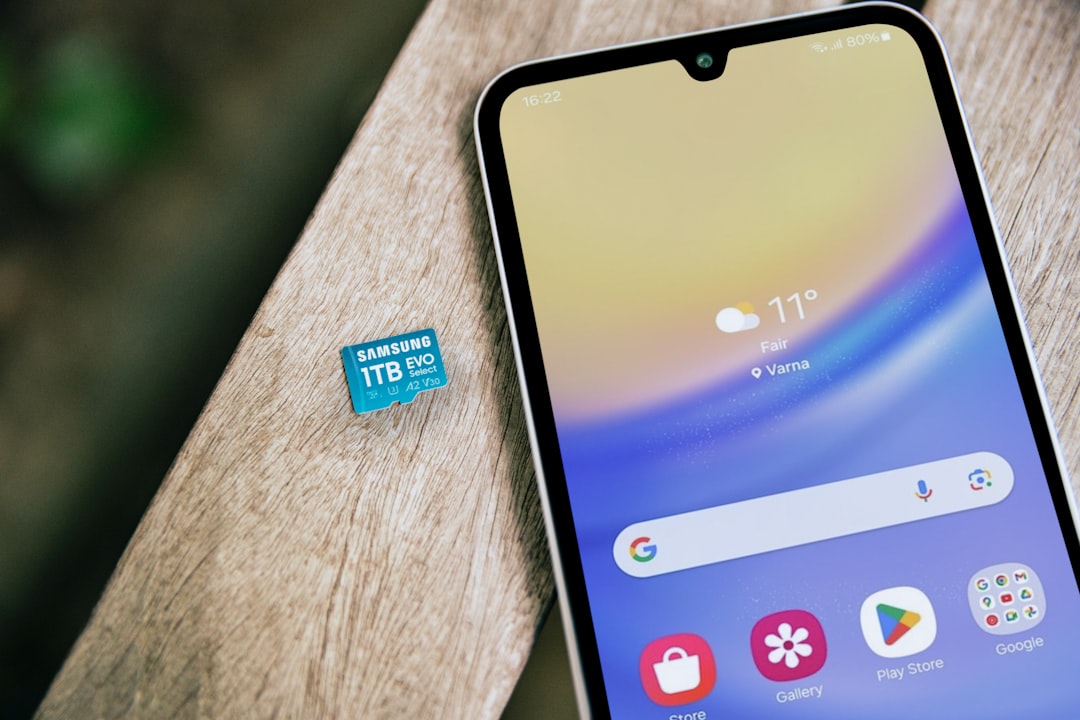In North Carolina's vibrant business hub of Asheville, strict Do Not Call laws require careful navigation. Businesses should consult a Do Not Call Attorney NC for tailored policies and legal guidance to avoid penalties while respecting consumer privacy. Misconceptions about the Do Not Call List's scope and duration necessitate professional help to ensure compliance with local regulations, especially with complex calls requiring explicit consent. Strategic approaches, including advanced technologies and legal expertise, enable businesses to overcome challenges and foster positive customer relationships.
“Asheville, North Carolina, faces unique challenges in enforcing ‘Do Not Call’ regulations due to its vibrant yet densely populated urban landscape. This article explores the intricate dynamics of Do Not Call laws in NC, focusing on Asheville’s specific context. We’ll debunk common misconceptions about the Do Not Call list and dissect the legal implications for businesses and individuals. Furthermore, it offers practical strategies to navigate these complexities, ensuring compliance for both residents and enterprises seeking a robust legal framework with a focus on finding a reputable Do Not Call Attorney NC.”
Understanding the Do Not Call Laws in North Carolina
In North Carolina, the Do Not Call laws are designed to protect residents from unwanted telemarketing calls and sales pitches. These laws are enforced by the North Carolina Department of Justice, which works to prevent fraudulent or harassing phone activities. Understanding these regulations is crucial for both consumers and businesses, especially in a state like North Carolina with a vibrant business landscape.
A Do Not Call Attorney NC can offer valuable guidance on navigating these laws. They ensure that businesses comply with the requirements, helping them avoid penalties while protecting consumers’ rights. These attorneys specialize in assisting companies in implementing effective do-not-call policies and providing legal advice to mitigate risks associated with telemarketing practices.
Asheville's Role in Do Not Call Enforcement: Challenges and Complexities
Asheville, a vibrant city in North Carolina, plays a unique role in the complex world of Do Not Call enforcement. With its growing reputation as a tourist destination and a thriving local business scene, the city faces specific challenges when it comes to protecting residents’ privacy rights guaranteed by the Do Not Call laws. The primary issue lies in balancing the needs of businesses relying on telemarketing for growth with the wishes of citizens who prefer minimal phone interruptions.
The presence of multiple small businesses and a lively startup culture, often characterized by innovative marketing strategies, adds an extra layer of complexity. Many of these enterprises might inadvertently step into grey areas when it comes to compliance, leading to potential legal issues. This is where a Do Not Call Attorney NC can play a pivotal role, guiding businesses towards adherence and ensuring residents’ rights are respected while fostering a harmonious relationship between telemarketers and consumers in Asheville.
Common Misconceptions About the Do Not Call List
Many individuals and businesses in Asheville hold misconceptions about the Do Not Call List and its enforcement. One common misunderstanding is that it only applies to telemarketers, but the reality is much broader. The list prohibits all forms of unsolicited sales or marketing calls, including those from local businesses, political organizations, and even friends and family members.
Another misconception is that once a number is added to the Do Not Call List, it’s permanently protected. However, this isn’t entirely true. The protection is active for five years, after which numbers need to be re-registered if they still wish to have their calls blocked. Furthermore, there are exceptions for certain types of calls, such as those from non-profit organizations or healthcare providers, which require explicit consent. Being aware of these nuances is crucial, and consulting a Do Not Call Attorney NC can help individuals and businesses navigate these regulations effectively.
Legal Implications for Businesses and Individuals in Asheville
In Asheville, like anywhere else, the Do Not Call laws are designed to protect residents from unwanted telemarketing calls. However, the unique challenges faced by this vibrant city include a bustling business environment and a diverse population, both of which can impact enforcement. For businesses, navigating these regulations can be complex, especially with potential legal implications if they inadvertently violate the Do Not Call list. A single misstep could lead to costly lawsuits, as evidenced by cases against telemarketers across North Carolina, including Asheville’s nearby areas.
Individuals in Asheville also face their own challenges when it comes to managing unwanted calls. While registering for the National Do Not Call Registry is a crucial step, it may not always prevent all intrusive calls due to loopholes and evolving tactics used by telemarketers. As a result, many residents turn to local legal resources, including consulting with a Do Not Call Attorney NC, to understand their rights and take appropriate action against persistent violators.
Strategies to Navigate and Overcome Asheville's Unique Do Not Call Issues
Navigating Asheville’s unique do-not-call challenges requires a strategic approach, especially for businesses aiming to stay compliant in this regulated environment. One effective strategy is to employ a dedicated team or consult with a Do Not Call Attorney NC to ensure all communication practices align with local laws and regulations. Regular training sessions on these legal requirements can help employees understand the importance of compliance and minimize accidental violations.
Additionally, utilizing technology designed for call tracking and management systems can significantly aid in adhering to do-not-call lists. These tools enable businesses to monitor and record incoming calls, facilitating quick identification of potential breaches. By combining legal expertise with advanced technologies, Asheville’s businesses can effectively overcome these challenges and foster positive customer relationships while maintaining regulatory compliance.






